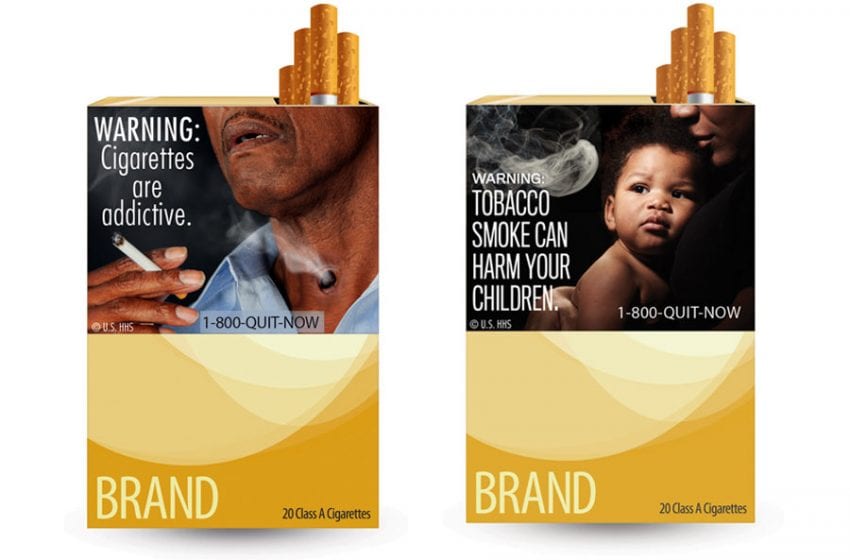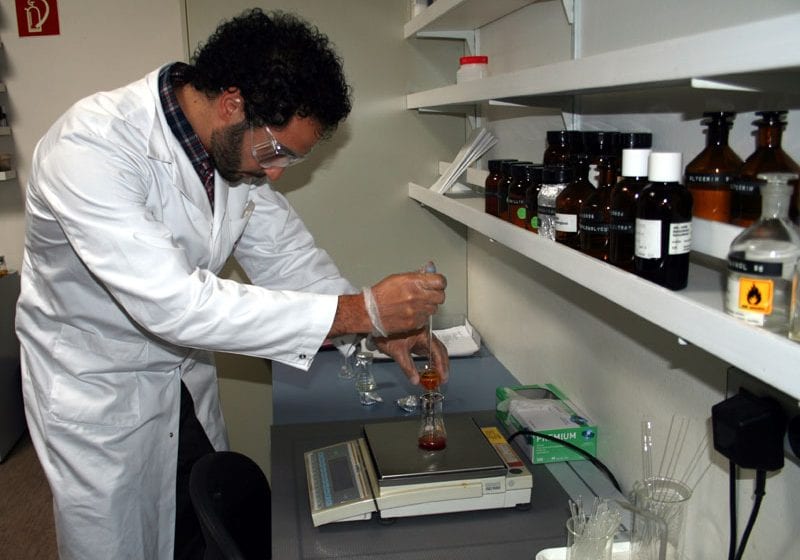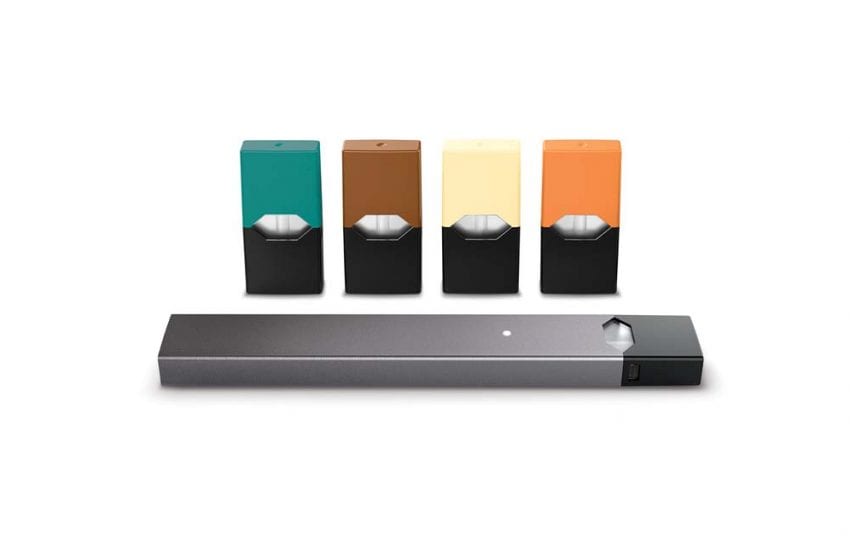
The U.S. Food and Drug Administration has launched a criminal probe into the vaping-related deaths and illnesses that have plagued the United States in recent weeks, reports USA Today.
“We are in desperate need of facts,” said Mitch Zeller, director of the FDA’s Center for Tobacco Products.
The investigation will focus on the products, where they were purchased and how they are being used.
As of Sept. 20, the Centers for Disease Control and Prevention (CDC) was aware of 530 cases of lung injury and seven deaths.
The cause of the outbreak remains a mystery. No consistent product, substance or brand has been identified in all cases, CDC said. Most, but not all, patients reported a history of using e-cigarette products containing THC, a psychoactive chemical found in cannabis.
The FDA has collected more than 150 vaping product samples for forensic analysis, and the agency is testing them for traces of nicotine, THC, opioids, cutting agents, additives, pesticides, poisons, toxins and other substances.












